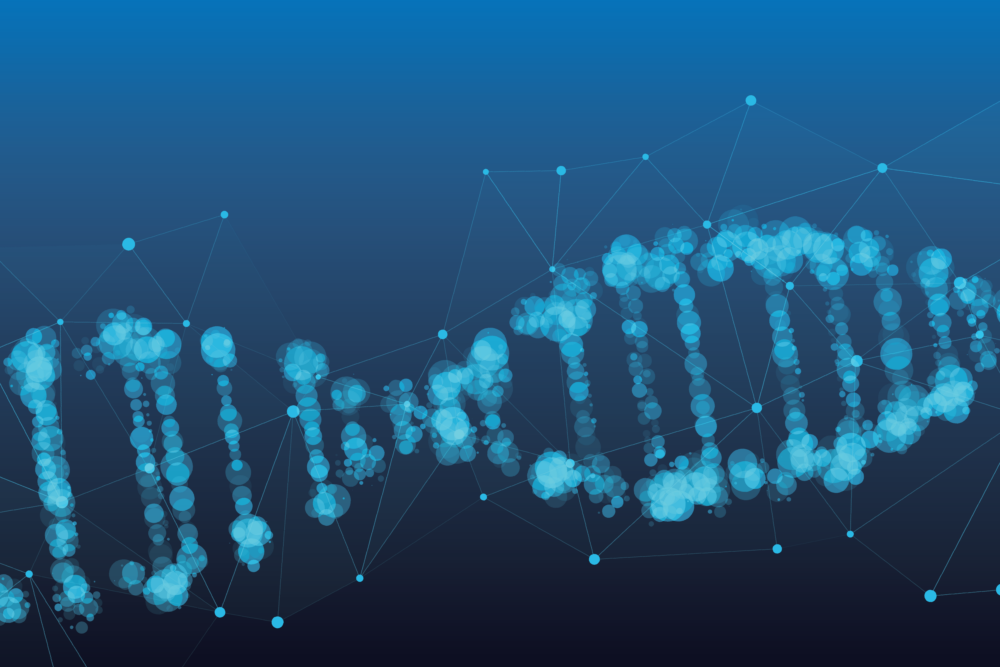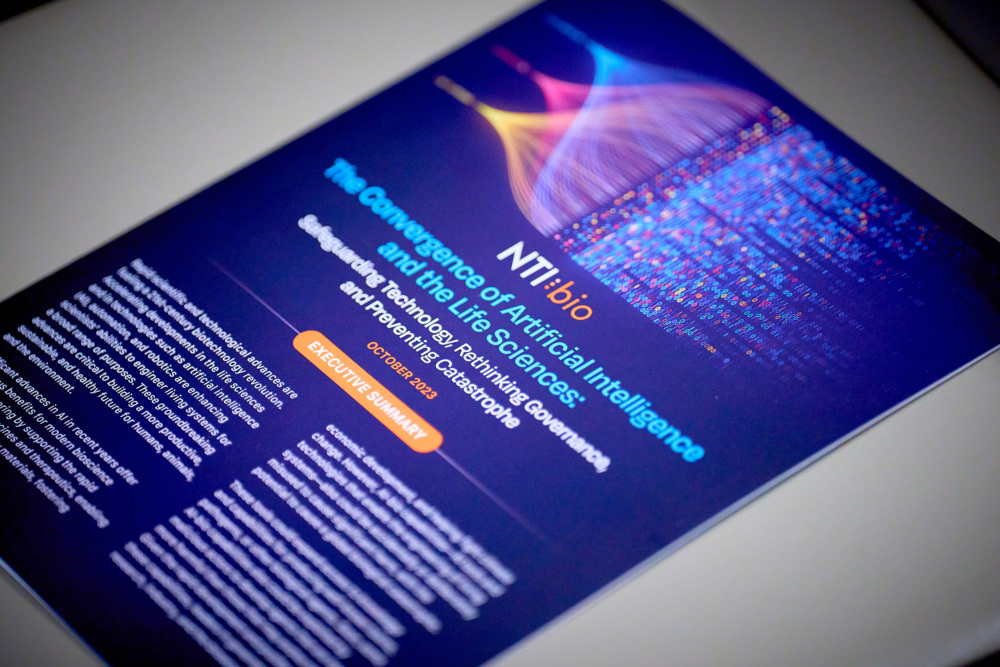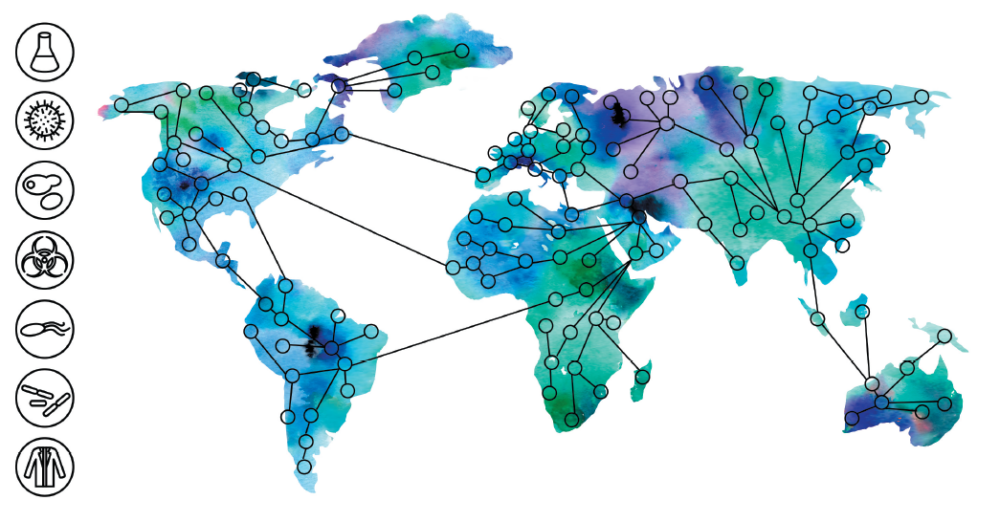
Sarah R. Carter, Ph.D
Principal, Science Policy Consulting
Synthetic DNA is used by bioscience laboratories around the world and plays a fundamental role in a wide range of science and biotechnology advances. DNA synthesis technology “prints” DNA and enables researchers to study and engineer biological systems to better understand how they work. It is also essential for a wide range of biotechnology advances, from agricultural products and pharmaceuticals to advanced fuels and other biomanufacturing applications.
Currently, nearly all synthetic DNA is produced by centralized providers who screen their customers and orders to help ensure that DNA with a potentially harmful sequence is not sold to customers without a legitimate use for it. However, a new generation of benchtop DNA synthesis devices—machines designed to be used on any lab workbench—will soon enable users to more easily print DNA in their own labs. This emerging technology has the potential to disrupt the centralized synthesis market and its associated biosecurity practices by driving DNA acquisition toward a more distributed model. The greater ease of access to synthetic DNA resulting from these new, more widely available benchtop devices—combined with scientific advances in our understanding of pathogens and insufficient oversight—may also empower malicious actors by making it easier to obtain the building blocks of potentially dangerous biological agents.
This report, Benchtop DNA Synthesis Devices: Capabilities, Biosecurity Implications, and Governance, draws on more than 30 interviews with experts from benchtop DNA synthesis companies, the broader biotechnology industry, the biosecurity and bioscience research communities, and other sectors. The report addresses the following key questions:
The report outlines detailed findings to answer each of these key questions. Based on these findings, the authors developed a set of recommendations to safeguard benchtop DNA synthesis technology to prevent accidental and deliberate misuse. These recommendations do not necessarily represent the views of the experts who participated in this project.
Establishing biosecurity guidelines, best practices, and oversight now—as this new generation of benchtop DNA synthesis devices are just entering the market—allows the benefits of these devices to be realized while minimizing biosecurity risks.
This report is part of NTI’s Biosecurity Innovation and Risk Reduction Initiative and furthers NTI | bio’s efforts to prevent the misuse of DNA synthesis technology. This includes the establishment of an international Common Mechanism for DNA synthesis screening, and the International Biosecurity and Biosafety Initiative for Science (IBBIS), which will be launched this year as an independent organization to reduce emerging biological risks associated with rapid technology advances.
Sign up for our newsletter to get the latest on nuclear and biological threats.
New report from NTI | bio offers recommendations for urgent actions that leaders within government, industry, the scientific community, and civil society should take to safeguard AI-bio capabilities.
Practical solutions for organizations involved in life science research to manage risks and prevent accidents, misuse, and other adverse outcomes stemming from their work.
In a new opinion piece for The Economist, Jaime Yassif makes the case for urgent action to create stronger guardrails for bioscience and biotechnology.



